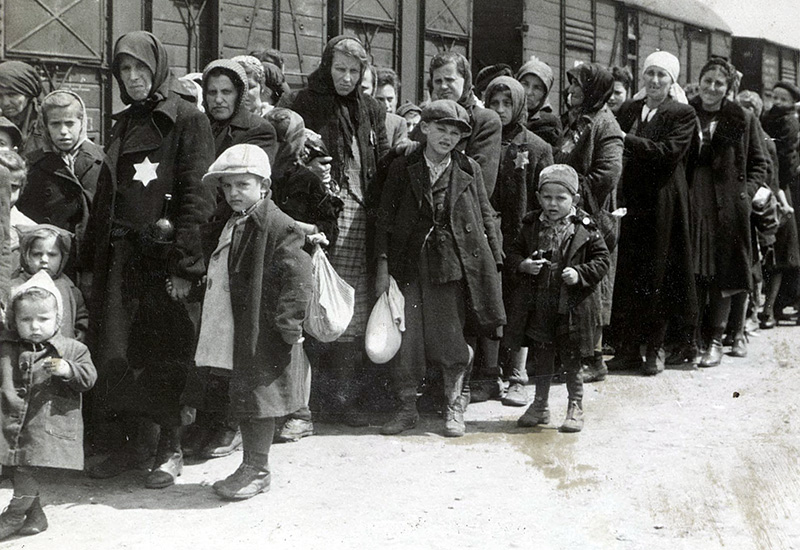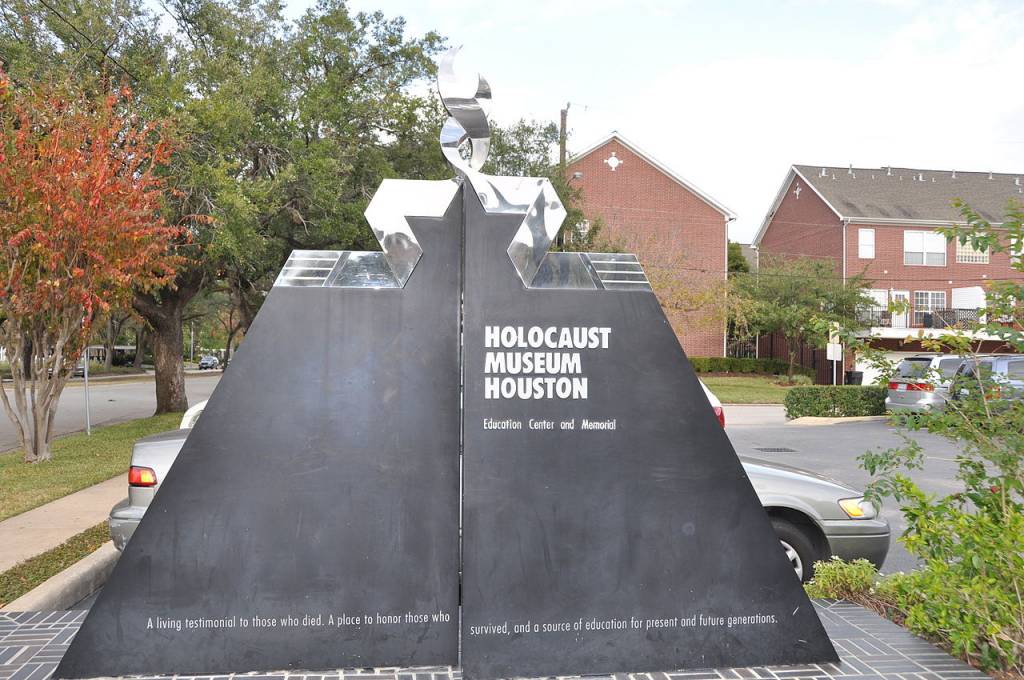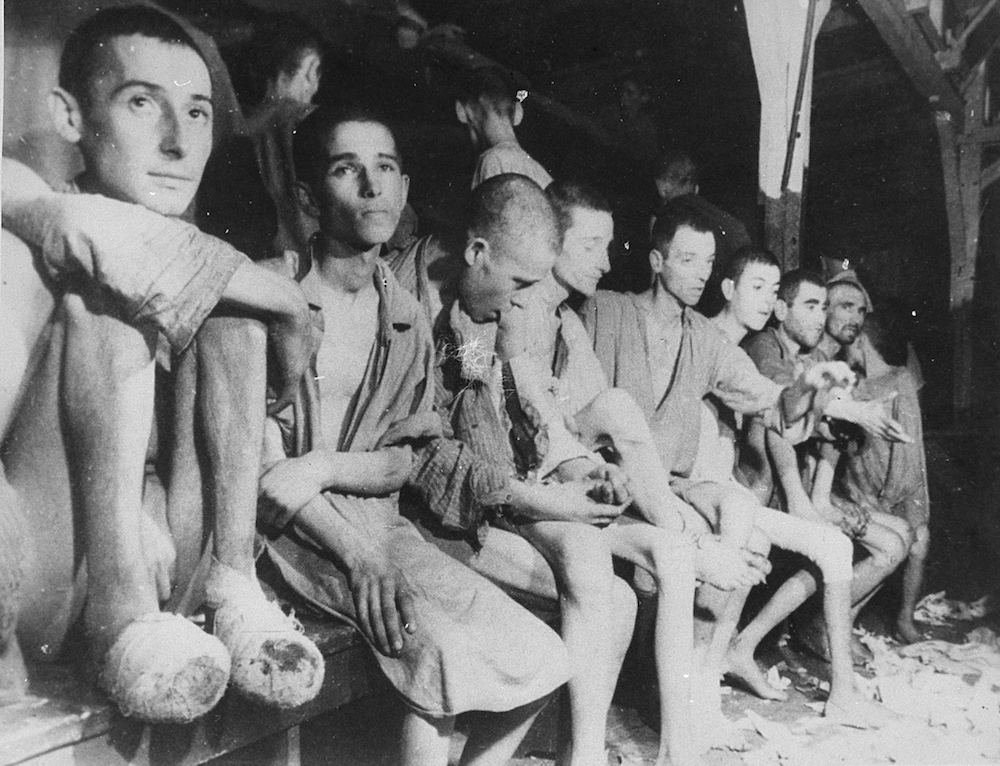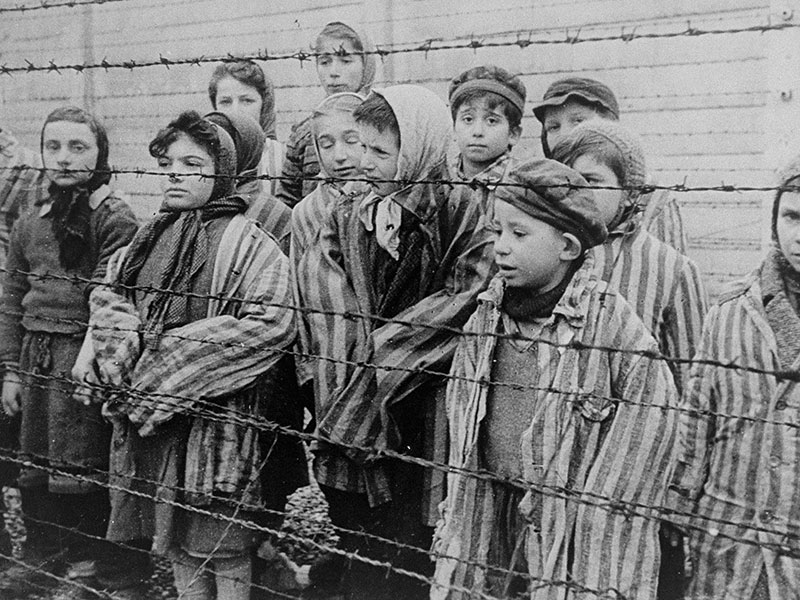I have never had a Jewish girlfriend. The number of Jewish students at the four Dallas public schools I attended between 1958 and 1971 certainly did not exceed 100. As for my time at the University of Texas, I often passed by the Texas Hillel Foundation just west of campus but had no reason to go in. While I am not anti-Semitic, I responded rather negatively when my cousin Cathy converted to Judaism: “I wouldn’t do that in 33 million years!” When my Korean friend Yang Dong-il started doing some Jewish stuff and wearing a yarmulke, I asked him why. I recall having just one serious discussion with a Jewish person—Dr. Reuven Lazarowitz of Romania (and later Israel), one of the subjects in my book Coming to Texas/International Students at the University of Texas. I have only superficial understanding about Hanukkah, Passover, Yom Kippur and the other holidays that mean so much to Jews. I attended a Jewish event put on by the family of my friend Dwight Dingenthal circa 1962, but never a bar or bat mitzvah. Needless to say, I know nothing of Hebrew. It is a racial epithet of which I am not fond, but in fact I am a WASP.
So why, in 1997, did I embark on an ultimately unsuccessful attempt to write a book about Holocaust survivors in Texas? (I realize that others—such as Soviet and Polish civilians and POWs, homosexuals, disabled people, communists and Romani—suffered under the Nazis during those dark days of 1933 to 1945, but European Jews got the brunt of it.) For what it’s worth, my library contains books about such Jewish figures as Noel Coward, Albert Einstein, Sandy Koufax, Hank Greenberg, Alan Lomax, Helen Gurley Brown, George Gershwin, Margaret Sanger, Howard Cosell, Carl Sagan, Norman Mailer, Henry Kissinger, Sigmund Freud, Al Davis and Richard Feynman. I have at least a dozen about the greatest Jew of them all, our Lord and Savior Jesus Christ.
I will say one other thing in self-defense: It was a very good idea. People from the Lone Star State (obviously, all had moved there after the war) who had come through the Holocaust crucible deserved to have their stories told. But this project, to which I devoted several months, finally had to be abandoned.
Recollections about my good-faith effort are as follows:
• I read an excruciatingly painful book about the history of anti-Jewish pogroms going back 1,700 years.
• I did other research about Babi Yar, Belzec, Chelmno, Sobibor, Treblinka, Majdanek, the Warsaw Ghetto Uprising, Dachau, Buchenwald, Birkenau, Auschwitz and, of course, Anne Frank.
• I took part in a two-day event at the Texas State Capitol in which I and others read aloud the names of people who had died in the Holocaust.
• I toured the Holocaust Houston Museum.
• I met with a man in Austin whom I will call Mr. Horowitz. The two things I remember most clearly about him are (1) his statement that Middle Eastern Arabs hate Israel so much because they cannot compete with these highly educated and motivated Jews, and (2) he honored me by calling me a mensch. That is a Yiddish term meaning “person of integrity and honor” or “one of character, rectitude and dignity.”
• There was another man from out of town whom I will call Mr. Epstein. He must have tried to reach me 15 times, so eager was he to discuss how he had survived Hitler’s unfathomable crime. By then, however, I had admitted defeat and thus we never spoke. I regret not having answered the phone.
My reasons for waving the white flag were numerous. I came to see that Holocaust (or Shoah) literature is a vast genre. It had been done so many times, I was informed, that yet another collection of Holocaust memories would be redundant. Had I written the book, it would have had to be done with the utmost sensitivity. This topic is explosive, and woe to the author who does not handle it just right. Would I, a Gentile (a goy) have anything of value to say? I feared that my book—assuming I found a publisher—would be trite or even shallow. Perhaps it was better not to do it than to do it poorly. I realized that I, clueless about the meaning and symbolism of something as basic as the Star of David, would have been a pretender in writing the book. My genuine compassion and Mr. Horowitz’s kind words notwithstanding, I felt I was in over my head and ought to retreat.
My Texas Holocaust survivors book was a major crisis of confidence. With the added perspective of 25 years, I now feel that I made a mistake in pulling the plug. I should have found a way to bring it to fruition. If I had written it, I might have referred to Jeremiah 31:15: “This is what the Lord says: ‘A voice is heard in Ramah, mourning and great weeping, Rachel weeping for her children and refusing to be comforted, because they are no more.’”







2 Comments
Richard, I think trusting your gut was the right thing to do….but if you have had 25 years to work out the details, go for it.
I did not mean to give the impression that I might take it up again because (1) few would still be alive and (2) I am in Korea….there is no way…but I sure do regret quitting…what a story!
Add Comment